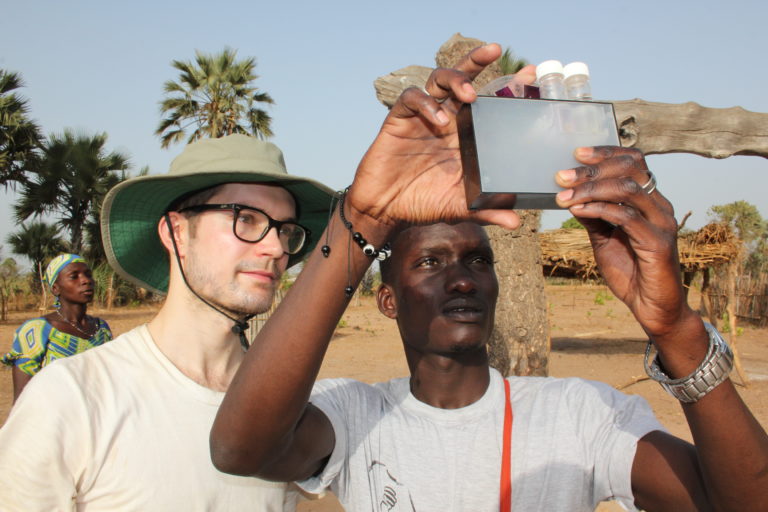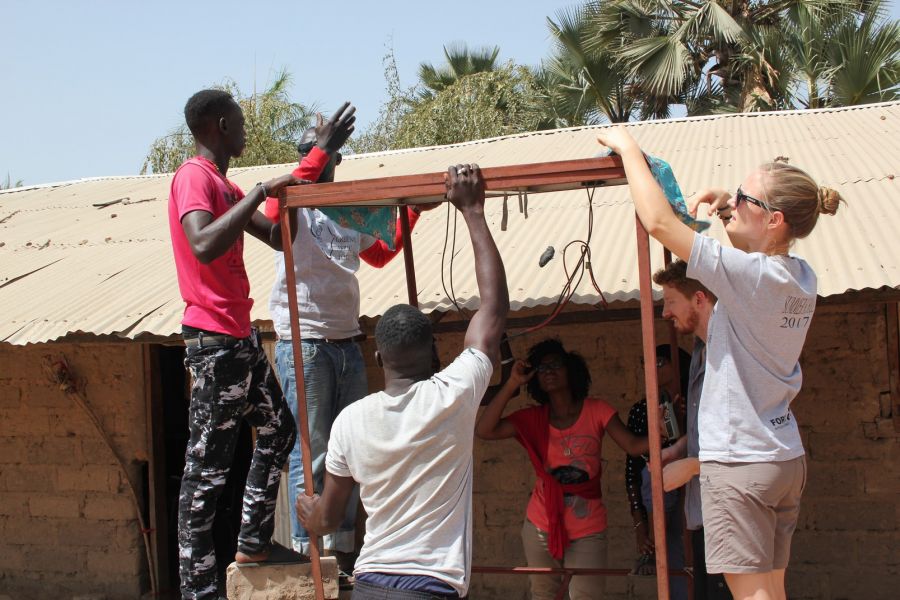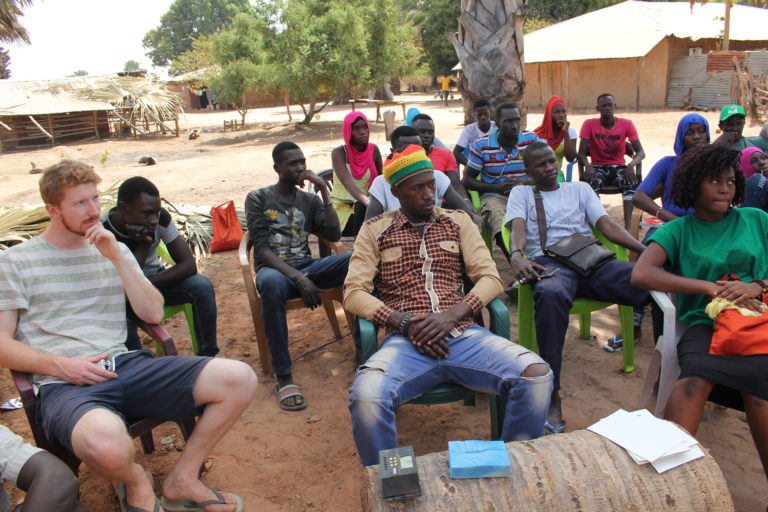
Workshop
Greening Africa Together Network

Reforestation, renewable energy, waste management, environmental education. Four keywords for a project that creates a network of the best forces for the African continent, and not only, with a view to universal fraternity.
Mal d’Afrique is the so-called nostalgic feeling capturing those who visit this incredibly beautiful Continent, able to amaze, suitable to kindle a desire to go back and a sense of rebirth. A Continent which at the same time hides a dark, painful face, looted by the greed of the powerful who go ahead regardless of anything or anyone, let alone the dignity of a people, in the face of high and secure earnings. This means that, especially over the last few years of the so-called “short century,” the African countries have been stripped and deprived of so many riches and opportunities, forcing their inhabitants to wage wars to survive, to flee, or simply to let themselves die. Poverty, including moral poverty and an environmental and social degradation that are visible to the naked eye in various areas of the Continent are the consequences of such theft of goods and dignity.
In this context, Greening Africa Together was established, “a network of non-governmental organizations, universities, institutions, and communities that collaborate in the field of “green” development” – say Arthur Ngoy and Lilly Seidler. He is a gynaecologist from the Democratic Republic of Congo, and she is a German teacher, who has worked for years in Senegal, where she founded a non-profit organization – International Forest Onlus – together with a group of students. They have just shared their experience at a conference organized by the New Humanity Movement in Pomezia, near Rome.

They talked about how resources can be enhanced and change encouraged, first of all by countering the effects of climate change. The latter, in fact, are devastating not only for the environment but also economically and socially; new perspectives can therefore drive the “green” development of the Continent.
“We often talk about brotherhood and unity, but these must find a way to fit concretely into people’s lives, otherwise we run the risk of everything staying only a dream, beautiful, but still a dream” – says Lilly.
Here is an example. Benin, a patch of land in West Africa: almost 113,000 square kilometres and 8 million inhabitants, 90% of whom are suffering from energy poverty. Building a more united world here means realizing that many health centres do not have the most basic equipment, such as lighting, or sufficient refrigeration for primary treatments to be administered to the population. An international group of students from some African countries, thanks to Greening Africa Together, are trying to have a photovoltaic system installed in the region, in order to exploit the many hours of sunshine and ensure sufficient energy to offer primary health care, above all in the most isolated rural villages. Even small investments, in this case, can have a huge impact on the quality of health care.

Let’s consider the case of the Democratic Republic of Congo, where it is cruel to see a child be born and die in a short time due to lack of sanitary conditions suitable for survival. Here birth turns often into death … but this death could be avoided: 15,000 women die of childbirth each year, one every 30 minutes, while the country ranks third after India and Nigeria for the mortality rate of children under 5.
In “Moyi Mwa Ntong” medical centre in Kinshasa power outages last for hours and sometimes entire days. In a centre where 5 births take place on average every day, a power outage can have devastating effects. With Greening Africa Together we can now think of a secondary power source that prevents energy blackouts in the Maternity Centre by installing a solar photovoltaic power supply system.
These are just two examples of projects that promote social and green development in these countries, together with projects focusing on reforestation and green area maintenance, education for waste management, etc.
“After realizing that we were weak and poorly effective alone” – go on Lilly and Arthur – “we understood that only joining forces could help change things. There is a saying in Africa: if you want to go fast you must go alone, but if you want to achieve a goal you must go with the others. That’s what we’re doing.”
Drawing the attention of several partners to this project, including other NGOs, universities, associations, where there were already people sensitive to the project of the united world, a “network” of students and professionals from different countries, age brackets, and religions has been established, which through an approach guided by the idea of universal fraternity, is promoting an active cooperation between students and local communities of different cultures and countries.
Cooperation takes the form of working groups, which identify the needs of the local population in the context of projects regarding renewable energy and green development. In this way, undergraduates have the opportunity to apply their knowledge and acquire basic skills and abilities through direct contact with the community of reference. Slow but relentless processes, which draw their power from the force of the community for a real contribution to a united world.



